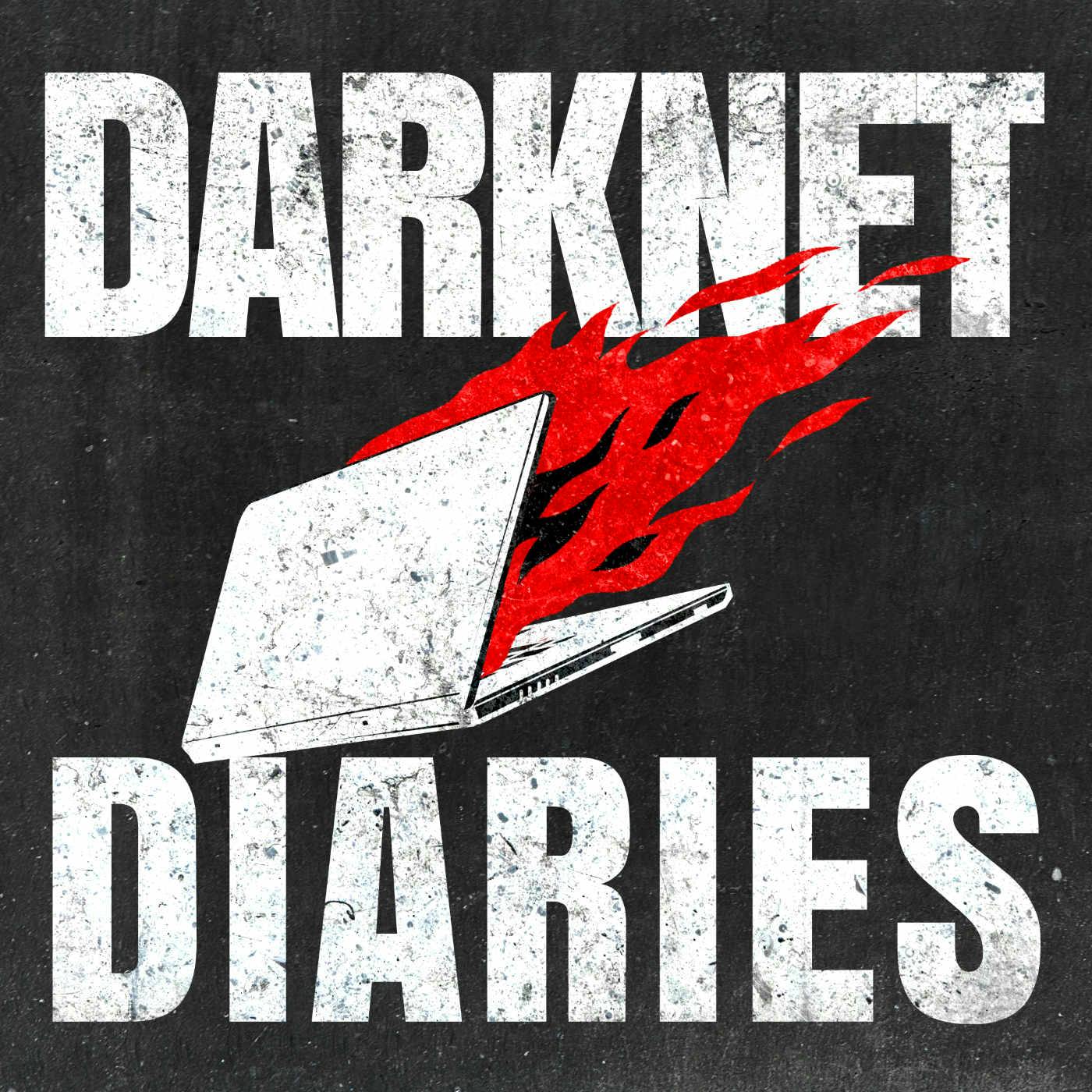
64: The Athens Shadow Games
Get the full experience! Sign up to access transcripts, personalized summaries, and more features.
Episode Description
Vodafone Greece is the largest telecom provider in Greece. But in 2004 a scandal within the company would pin them to be top of the news cycle in Greece for weeks. Hackers got in the network. And what they were after took everyone by surprise.
Sponsors
Support for this episode comes from Okta. Learn more about how you can improve your security posture with the leader in identity-driven security at okta.com/darknet.
This episode is supported by PlexTrac. PlexTrac is the purple teaming platform and is designed to streamline reporting, tracking and attestation so you can focus on getting the real cybersecurity work done. Whether you're creating pen test reports on the red team, or tracking and remediating on the blue team, PlexTrac can help.
Support for this episode comes from Blinkist. They offer thousands of condensed non-fiction books, so you can get through books in about 15 minutes. Check out Blinkist.com/DARKNET to start your 7 day free trial and get 25% off when you sign up.
Listen to Episode
AI-Generated Summary
The 2004 Athens Olympics and Security Concerns
The podcast opens with a recounting of the 2004 Athens Olympics, emphasizing the heightened security concerns following 9/11. The narrator discusses previous attacks on Olympic events and ponders how nations ensure safety amidst such threats, setting the stage for a discussion about the hack that would embroil Vodafone Greece. The hack became particularly troubling due to the sensitive nature of communications involved, raising the stakes for both national security and public trust.
Discovery of Malware at Vodafone Greece
In a twist of fate, Vodafone Greece faced systemic failures due to malware embedded within their systems shortly after the Olympics. Shockingly, this malicious software enabled wiretaps of several high-profile officials, including the Prime Minister. The ensuing investigation, prompted by unusual error messages regarding text deliveries, unveiled a sophisticated hacking attempt utilizing the company's own lawful intercept technology. This section delves into the technical intricacies of how the malware was discovered, highlighting the failings of Vodafone's internal security measures.
The Tragic Death of Kostas Salakidis
The episode takes a somber turn with the narrative surrounding Kostas Salakidis, a network planning manager at Vodafone Greece. Following the discovery of the wiretap scandal, Kostas was found dead under suspicious circumstances just days after he attempted to resign due to overwhelming stress. Family and independent investigators raised questions about the nature of his death, which official reports ruled as a suicide, yet further investigations revealed inconsistencies suggesting foul play.
Government Involvement and Cover-ups
As the investigation deepens, the podcast explores the potential involvement of the Greek government, the National Security Agency (NSA), and even links to the CIA. It implies that the Greek government secretly allowed the NSA to engage in wiretapping during the Olympics, raising troubling questions about the complicity of state apparatus in unknown surveillance. The discovery of further connections between Kostas, government officials, and CIA operatives suggests a wide-reaching scandal reminiscent of historical espionage events.
Legacy and Ongoing Investigations
In the concluding section, the narrative reflects on the long-lasting implications of the Vodafone Greece scandal and Kostas's death, entrenching it as the Greek Watergate. The podcast ends with ongoing legal battles, the unexplained circumstances surrounding Kostas's death, and a call for accountability amidst high-level governmental surveillance practices. The unresolved questions remain, illustrating a persistent murky future for both Vodaphone Greece and state security.
Ready to get started?
Join other podcast enthusiasts who are getting podcast summaries.
Sign Up Free
